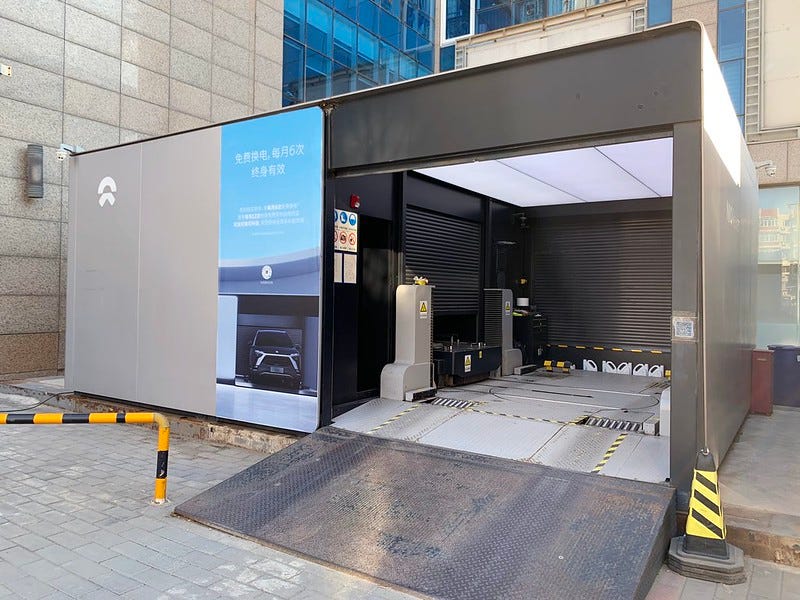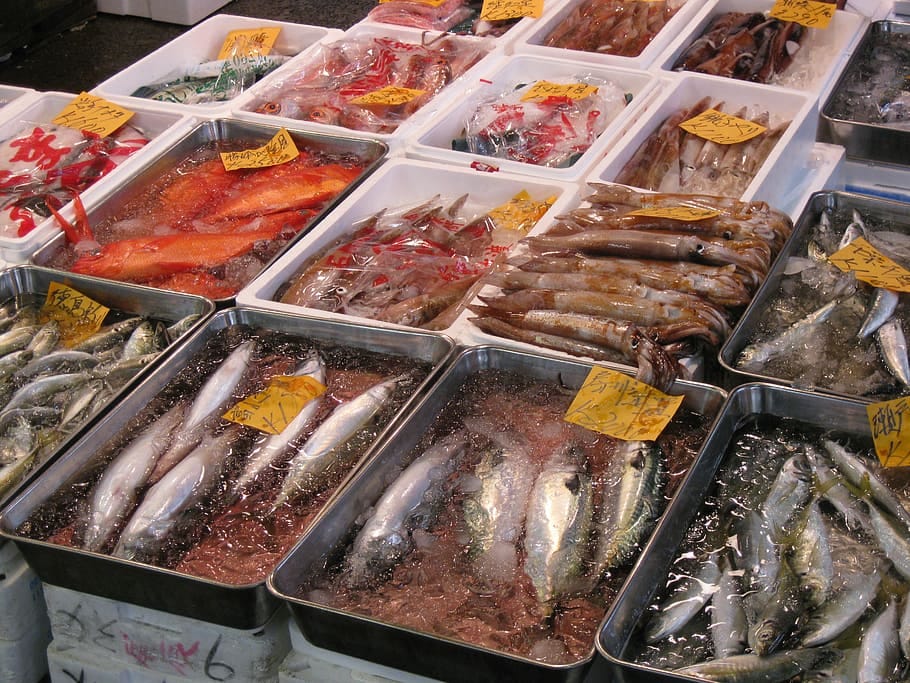Nio releases Q1 earnings and announces price cuts, Japan's wholesale prices rise again
Asia Business Daily - June 13, 2023
Happy Tuesday, I am trying to get used to being back in the humid heat but it hasn’t been easy! It’s not just me, even one of the 2 giant rubber ducks couldn’t take it anymore and deflated in Hong Kong’s Victoria Harbor on Saturday. Today we talk about Nio’s Q1 earnings and price cuts, as well as Japan’s wholesale inflation.
Nio widens net loss in Q1 - quickly announces price cuts and ends free battery swaps
Nio is a China-based manufacturer of electric vehicles and battery-swapping stations, and just released their quarterly earnings last Friday. The results were disappointing, as net loss increased to 4.74 billion yuan (663 million USD) from 1.78 billion (249 million USD) yuan last year. Gross margin also dropped to 1.5%, compared to 14.6% in Q1 2022 and 3.9% last quarter.
Deliveries fell to just over 6,000 last month, down from the 10,000 average in the first quarter and 13,350 average in Q4 2022. Tesla on the other hand, had one of its best quarters in China, averaging over 1,300 per day from Jan 1 to March 19.
Taking swift action, Nio has announced that it will cut prices by 30,000 yuan (4,200 USD) for all models, and battery swaps will no longer be free. This means that Nio has now joined the “price war” in China, contrary to CEO William Li’s claim back in April. Free battery swaps were decreased from 6 per month to 4 per month a few weeks back, and are now no longer available for new buyers.
Photo by bfishadow
Japan’s wholesale inflation rises again, but with a smaller increase
We have all heard of inflation, but have you heard of wholesale inflation? The usual inflation that gets mentioned is consumer or retail inflation, which represents the price changes to the retail buyer. Wholesale inflation looks at price changes at the first point of bulk sale - price of goods traded between companies.
When wholesale prices rise, it’s natural that consumer prices will also go up. Japan’s wholesale prices have now risen for the 27th straight month, by 5.1% compared to last year. This is a slightly smaller increase compared to previous months because of sliding fuel and commodity prices.
Some notable sectors include food and beverage, which rose 7.9%, and minerals, which jumped 14.7%. Import prices fell 5.4% YoY because the yen’s rapid depreciation last year had inflated import costs.
You may also be interested in reading:
Baidu Ranks Top In Chinese ChatGPT-Style Chatbot Tests
Rio joins forces with China Baowu to decarbonise steel
DBS Private Bank launches world’s first bank-backed multi family office VCC
If you have any feedback or would like to connect with me, you can email me at asiabusinessdaily@gmail.com!




